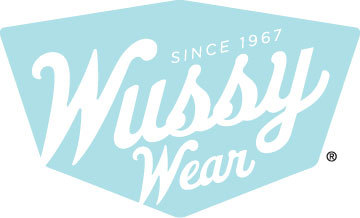Even the veritable Nicholas Cage appeared in Fast Times at Ridgemont High. Amazing.
If you scour the internet for the origins of the word "wuss" (and if you've been doing that, I'm sorry. There must be something more productive for you out there. The world is a big place. It's your oyster, go out and get it. Or at least go for a walk.) you'll likely come across a plethora of credits lauded upon the 1982 movie Fast Times at Ridgemont High.
Mike Damone, a smooth operating skeez of a character in the movie is quoted saying "Ahh, you're a freakin' wuss! Part wimp, part puss!" And vîola! You have the creation of a new word. Right there. Bam! Like lightening coming from heaven and making a lightbulb.
So, no not really. It's hard to trace the actual origins of "wuss." Judging on its appearance in literature, the word has been around a long time:
-- English novelist, and founder of the British school novel genre (and nap starts in 3, 2, zzzz), Thomas Hughes wrote of "wuss luck" in his chart-topping 1857 page-turner "Tom Brown's Schooldays."
-- Harriet Beecher Stowe used it in 1852 in the anti-slavery classic, Uncle Tom's Cabin: "I may bring him up in a year, not much the wuss for wear, and trade him back."
-- In the catty 1847 social drama, Vanity Fair, William Makepeace Thackeray applied it in a rather modern(e) way: "and his man Flethers is wuss, and have made such a row in the housekeeper's room about the dinners and hale, as no lord would make--."
Wuss has been around a long time. The examples cited are some of the more well-known references, but there are many more. More importantly wusses have a proud heritage; our lack of courage and inability to weather just about any storm has been duly noted within the annals of time. So, the next time you feel picked upon, know there have been many who've gone down the very same road... and also chose not to defend themselves as well.

